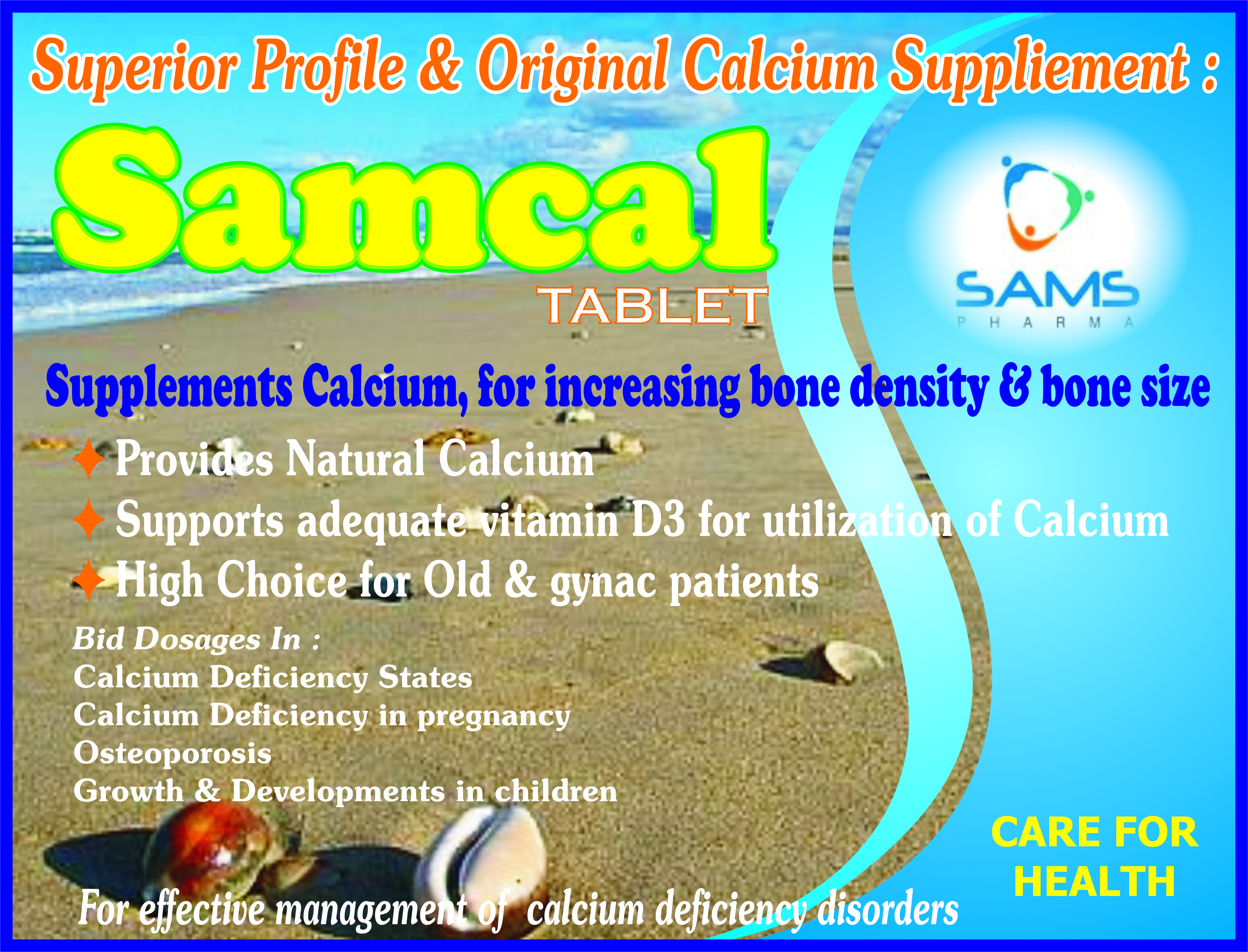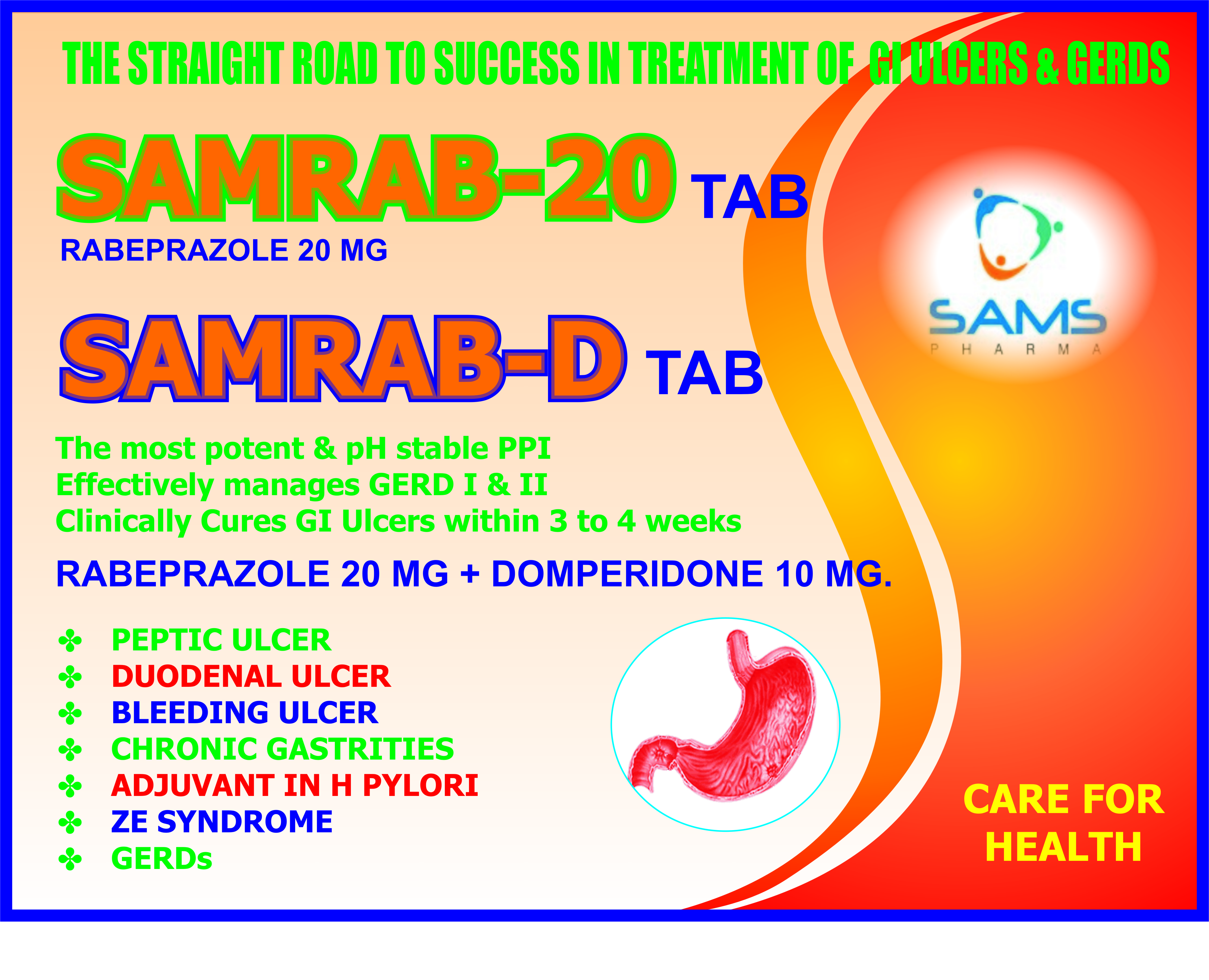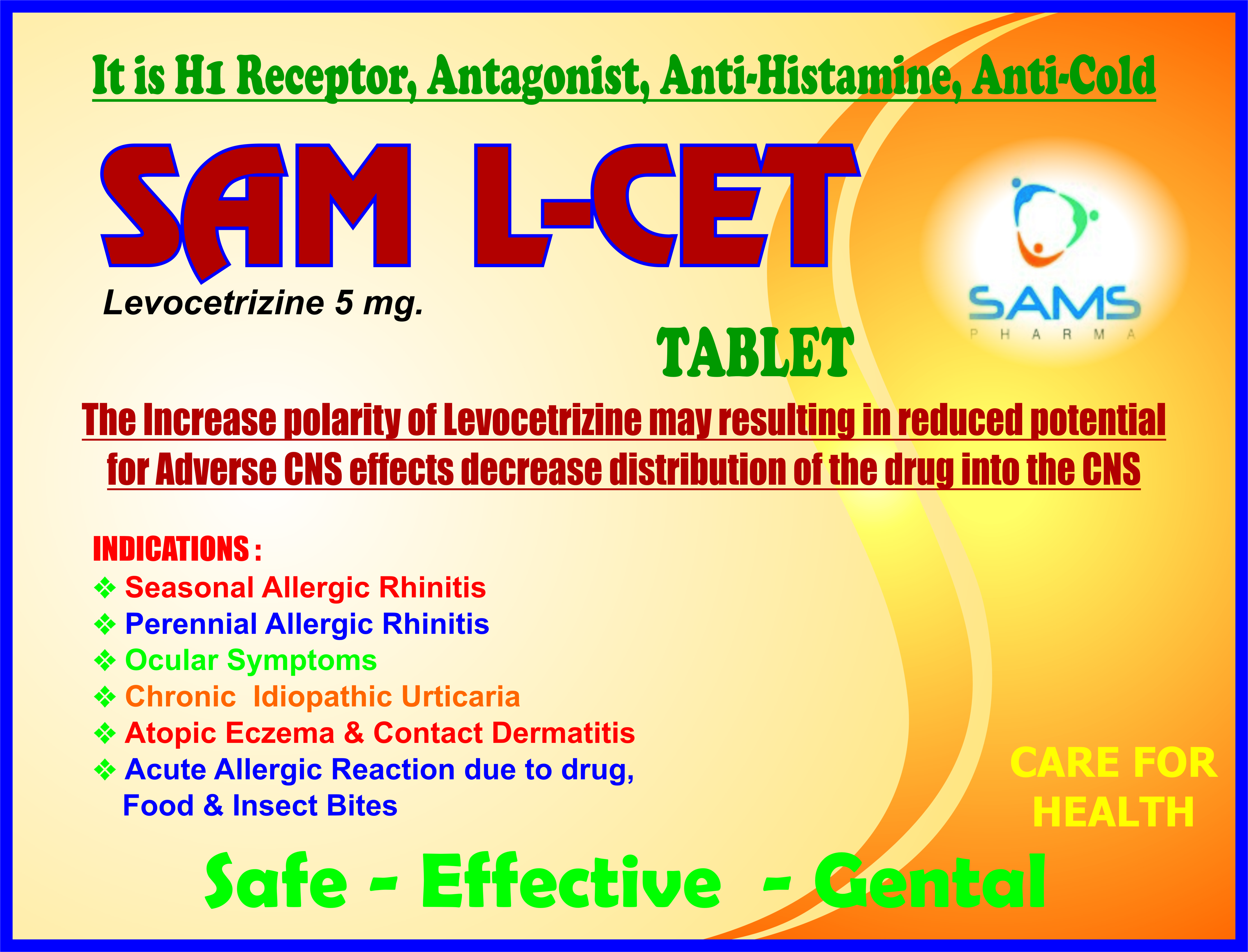Our Products
ARROVITAL CAPSULES
ARROVITAL CAPSULES

ARROVITAL CAPSULES
MULTIVITAMINES,MULTIMINARALS & ANTIOXIDENT WITH GENSING CAP
Composition
| Each hard gelatin capsule contains | |
|---|---|
| Vitamin A (as acetate) I.P. | 2000 I.U. |
| Vitamin B1 I.P. | 1 mg |
| Vitamin B2 I.P. | 1 mg |
| Vitamin B6 I.P. | 1.34 mg |
| Vitamin B12 I.P. | 1 mcg |
| Vitamin C (coated) I.P. | 33.3 mg |
| Calcium-D-pantothenate I.P. | 1 mg |
| Niacinamide I.P. | 15 mg |
| Ferrous fumarate I.P. | 5 mg |
| Copper (as cupric oxide) | 2 mg |
| Magnesium (as magnesium hydroxide) I.P. | 1 mg |
| Potassium (as potassium chloride | 1 mg |
| Folic acid I.P. | 0.20mg |
| Elemental zinc (as zinc sulphate monohydrate) U.S.P. | 0.15 mg |
| Ginseng extract U.S.P. | 42.5 mg |
| Iodine (as potassium iodate) I.P. | 0.0015mg |
| Manganese (as manganese sulphate) U.S.P. | 1 mg |
| Lactic acid bacillus | 60 million spores |
| Approved colours used in empty capsule shell. | |
| Dosage | As directed by physician |
| Store | in cool and dark place |

Multivitamins and minerals are a combination of many different vitamins and minerals that are normally found in foods and other natural sources.
What is multivitamin & minerals?
Multivitamins and minerals are used to provide vitamins and minerals that are not taken in through the diet. Multivitamins and minerals are also used to treat vitamin or mineral deficiencies caused by illness, pregnancy, poor nutrition, digestive disorders, certain medications, and many other conditions.
Multivitamins and minerals may also be used for other purposes not listed in this medication guide.
What is the most important information DR/ patient should know about multivitamins and minerals?
Never take more than the recommended dose of multivitamins and minerals. Avoid taking more than one vitamin/mineral product at the same time unless your doctor tells you to. Taking similar products together can result in a vitamin overdose or serious side effects.
Minerals taken in large doses can cause side effects such as tooth staining, increased urination, stomach bleeding, uneven heart rate, confusion, and muscle weakness or limp feeling. Read the label of any vitamin and mineral product you take to make sure you are aware of what it contains.
Seek emergency medical attention if you think you have used too much of this medicine. An overdose of vitamins A, D, E, or K can cause serious or life-threatening side effects if taken in large doses. Certain minerals may also cause serious overdose symptoms if you take too much. Overdose symptoms may include stomach pain, vomiting, diarrhea, constipation, loss of appetite, hair loss, peeling skin, tingly feeling in or around your mouth, changes in menstrual periods, weight loss, severe headache, muscle or joint pain, severe back pain, blood in your urine, pale skin, and easy bruising or bleeding.
Do not take this medication with milk, other dairy products, calcium supplements, or antacids that contain calcium. Calcium may make it harder for your body to absorb certain ingredients of the multivitamin.
What should I discuss with my Patient before Prescribing multivitamins and minerals?
Many vitamin and mineral supplements can cause serious or life-threatening side effects if taken in large doses. Do not take more of this medication than directed on the label or prescribed by your doctor.
If you have any medical conditions, ask your doctor before taking multivitamins and minerals. If you have certain conditions, you may need a certain vitamin formulation or special tests while taking multivitamins and minerals.
Do not take multivitamins and minerals without telling your doctor if you are pregnant or plan to become pregnant. Some vitamins can harm an unborn baby if taken in large doses. You may need to use a prenatal vitamin specially formulated for pregnant women. Multivitamins and minerals can pass into breast milk and may harm a nursing baby. Do not use this medication without telling your doctor if you are breast-feeding a baby
How should I Priscribe/Take multivitamins and minerals?
Use this medication as directed on the label, or as your doctor has prescribed. Do not use the medication in larger amounts or for longer than recommended.
Never take more than the recommended dose of a vitamin and mineral supplement. Avoid taking more than one vitamin/mineral product at the same time unless your doctor tells you to. Taking similar products together can result in a vitamin or mineral overdose or serious side effects. Minerals (especially taken in large doses) can cause side effects such as tooth staining, increased urination, stomach bleeding, uneven heart rate, confusion, and muscle weakness or limp feeling. Read the label of any vitamin and mineral product you take to make sure you are aware of what it contains.
Take your multivitamin and minerals with a full glass of water. The chewable tablet must be chewed or allowed to dissolve in your mouth before swallowing. You may also allow the tablet to dissolve in drinking water, fruit juice, or infant formula (but not milk or other dairy products).
Measure the liquid form of multivitamins and minerals using a special dose-measuring spoon or cup, not a regular table spoon. If you do not have a dose-measuring device, ask your pharmacist where you can get one.
Do not crush, chew, or break an extended-release tablet. Swallow the pill whole. It is specially made to release the vitamins and minerals slowly into the body. It is important to take multivitamins and minerals regularly to get the most benefit.
Store this medication at room temperature away from moisture and heat. Keep the liquid medicine from freezing.
Store multivitamins and minerals in their original container. Storing multivitamins and minerals in a glass container can ruin the medication.
What happens if dose is missed?
Take the missed dose as soon as you remember. If it is almost time for your next dose, skip the missed dose and take the medicine at the next regularly scheduled time. Do not take extra medicine to make up the missed dose.
What happens if overdose?
Seek emergency medical attention if you think you have used too much of this medicine. An overdose of vitamins A, D, E, or K can cause serious or life-threatening side effects. Certain minerals may also cause serious overdose symptoms if you take too much.
Vitamin overdose symptoms may include stomach pain, vomiting, diarrhea, constipation, loss of appetite, hair loss, peeling skin, tingly feeling in or around your mouth, changes in menstrual periods, weight loss, severe headache, muscle or joint pain, severe back pain, blood in your urine, pale skin, and easy bruising or bleeding.
Mineral overdose symptoms may include dry mouth, increased thirst or urination, severe nausea or stomach pain, constipation, vomiting, bloody diarrhea, black and tarry stools, coughing up blood, severe drowsiness, slow heart rate, shallow breathing, weak and rapid pulse, confusion, muscle weakness, warmth or tingly feeling, fainting, cold or clammy skin, blue lips, and seizure (convulsions).
What should one avoid while taking multivitamins and minerals?
Avoid taking more than one vitamin/mineral product at the same time unless your doctor tells you to. Taking similar vitamin products together can result in a vitamin overdose or serious side effects. Avoid the regular use of salt substitutes in your diet if your multivitamin and mineral contains potassium. If you are on a low-salt diet, ask your doctor before taking a vitamin or mineral supplement.
Do not take this medication with milk, other dairy products, calcium supplements, or antacids that contain calcium. Calcium may make it harder for your body to absorb certain minerals.
Multivitamins and minerals side effects
Get emergency medical help if you have any of these signs of an allergic reaction: hives; difficulty breathing; swelling of your face, lips, tongue, or throat.
When taken as directed, multivitamins and minerals are not expected to cause serious side effects. Less serious side effects may include:
- upset stomach;
- headache; or
- unusual or unpleasant taste in your mouth.
Multivitamins and minerals Dosing Information
| Usual Adult Dose for Vitamin/Mineral Supplementation: |
|---|
|
| Usual Pediatric Dose for Vitamin/Mineral Supplementation: |
|
| What other drugs will affect multivitamins and minerals? |
|---|
|
Vitamin and mineral supplements can interact with certain medications, or affect how medications work in your body. Before taking a vitamin/mineral product, tell your doctor if you also use:
|















